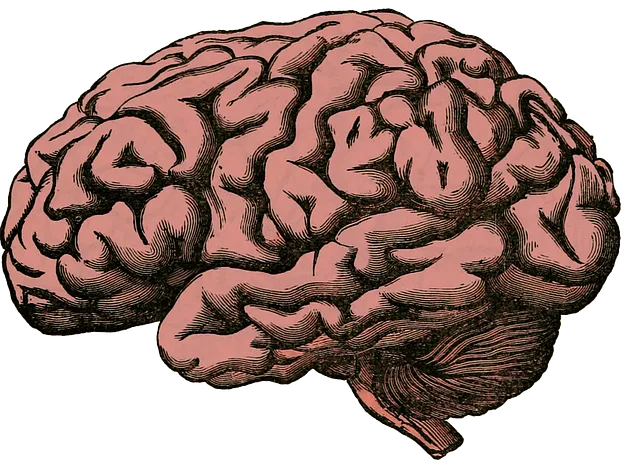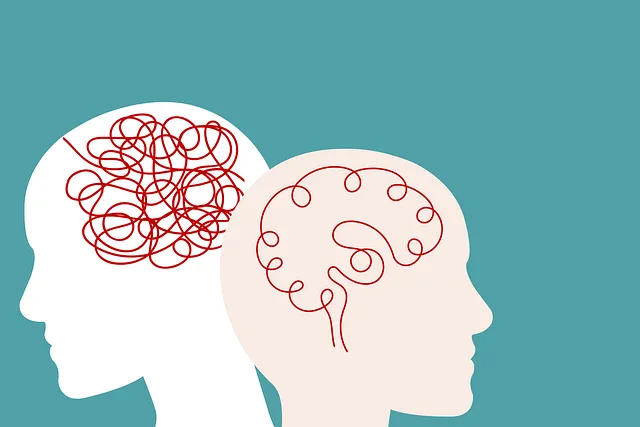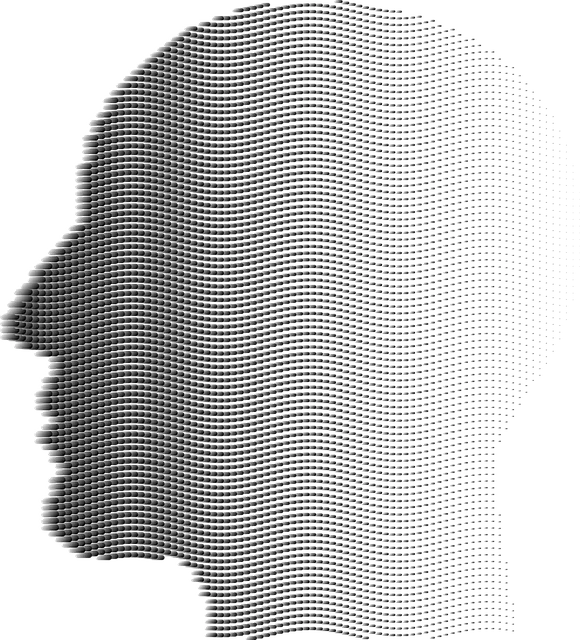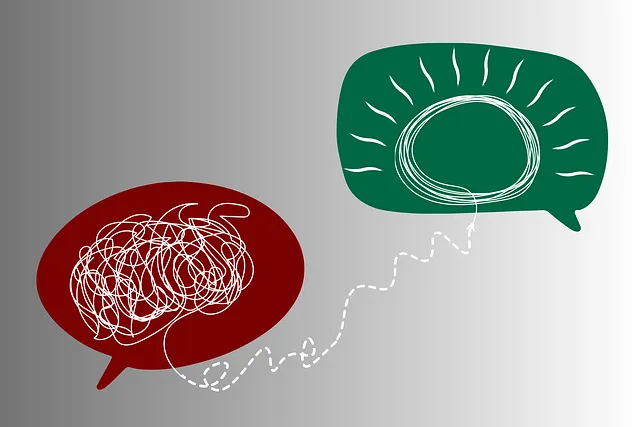The Kaiser Permanente mental health center Aurora focuses on accurate diagnosis through multi-faceted strategies, addressing challenges like complex symptom overlap and cultural influences. They combine community outreach, technology integration, advanced analytics, and evidence-based treatments to enhance diagnostic accuracy and patient outcomes. The center prioritizes staff training, crisis intervention guidance, and public education campaigns to foster a supportive ecosystem for mental wellness, ensuring precise diagnoses tailored to individual needs.
At Kaiser Permanente Aurora, efforts to improve mental illness diagnosis accuracy are crucial. This comprehensive guide explores the current challenges faced by mental health professionals at Kaiser Permanente Aurora and innovative solutions that enhance diagnostic precision. From leveraging technology and data analysis to implementing specialized training programs, we delve into transformative approaches aimed at better patient outcomes. Discover how these initiatives are revolutionizing mental health care at Kaiser Permanente Aurora.
- Understanding the Imperative for Accurate Diagnosis at Kaiser Permanente Aurora
- Current Challenges in Mental Health Diagnosis: A Closer Look
- Innovative Approaches to Enhance Diagnostic Accuracy
- Role of Technology and Data Analysis in Improving Diagnosis
- Training and Support Systems for Clinicians: The Cornerstone of Accurate Diagnosis
Understanding the Imperative for Accurate Diagnosis at Kaiser Permanente Aurora

At Kaiser Permanente Aurora, the imperative for accurate mental health diagnosis is profound. As a leading Kaiser Permanente mental health center, Aurora takes pride in its commitment to providing comprehensive and compassionate care. However, ensuring precise diagnoses is not merely about treating symptoms; it’s about delivering tailored interventions that address each patient’s unique needs, while also acknowledging and mitigating the pervasives effects of mental illness stigma. This approach requires a multifaceted strategy that goes beyond clinical assessment.
Efforts are underway to enhance diagnosis accuracy through initiatives such as Crisis Intervention Guidance for healthcare professionals, Mental Illness Stigma Reduction Efforts aimed at fostering understanding and empathy within the community, and Stress Management Workshops designed to empower individuals with coping mechanisms. These strategies not only improve diagnostic precision but also contribute to a holistic ecosystem that supports mental wellness.
Current Challenges in Mental Health Diagnosis: A Closer Look

Mental health diagnosis faces several challenges today, impacting the quality of care provided at facilities like the Kaiser Permanente mental health center in Aurora. One significant hurdle is the complexity and overlap of symptoms across various disorders, making accurate differential diagnosis a complex task for healthcare professionals. This complexity is further exacerbated by individual variations in presentation and expression of mental illness, influenced by cultural, social, and personal factors.
Additionally, the current diagnostic criteria and assessment tools often fail to capture the nuanced experiences of patients, leading to potential misdiagnosis or delayed treatment. Addressing these challenges requires a multifaceted approach. Implementing evidence-based Community Outreach Program Implementation can raise awareness, reduce stigma, and encourage early intervention. Mental Wellness Journaling Exercise Guidance can empower individuals to track their symptoms and share insights with healthcare providers. Furthermore, designing innovative Mental Health Education Programs that educate both professionals and the public can enhance diagnostic accuracy and foster a more supportive environment for mental health care.
Innovative Approaches to Enhance Diagnostic Accuracy

Innovative Approaches to Enhance Diagnostic Accuracy at Kaiser Permanente Mental Health Center Aurora have become increasingly important in recent years, as awareness about mental illness grows. Beyond traditional assessment methods, professionals are now employing cutting-edge tools and techniques. One such approach is the integration of technology, utilizing digital platforms for remote assessments and advanced analytics to predict and detect mental health conditions early on.
These efforts complement existing practices like reducing the Mental Illness Stigma through educational initiatives and fostering Inner Strength Development programs. By combining evidence-based treatments with innovative diagnostic tools, Kaiser Permanente Mental Health Center Aurora aims to improve accuracy rates while providing personalized care plans tailored to each individual’s unique needs.
Role of Technology and Data Analysis in Improving Diagnosis

The integration of technology and data analysis has emerged as a powerful tool to enhance mental health diagnosis accuracy at renowned facilities like the Kaiser Permanente mental health center Aurora. By leveraging advanced algorithms and machine learning models, healthcare professionals can now benefit from data-driven insights that improve assessment effectiveness. This approach enables more precise identification of symptoms, underlying conditions, and personalized treatment plans.
For instance, risk assessment tools, often employed by mental health professionals, have been enhanced through AI-powered analytics. These technologies consider vast datasets to predict potential risks and tailor interventions accordingly. Additionally, cultural sensitivity in mental healthcare practice gains prominence, with technology facilitating the adaptation of assessments to diverse cultural contexts. Furthermore, burnout prevention strategies for healthcare providers can be supported by data analysis, allowing for timely identification and mitigation of professional stress factors, ultimately enhancing overall care quality.
Training and Support Systems for Clinicians: The Cornerstone of Accurate Diagnosis

At Kaiser Permanente mental health center Aurora, efforts to enhance diagnosis accuracy are spearheaded by comprehensive training and support systems designed for clinicians. This includes regular workshops focusing on advanced assessment techniques, ongoing supervision, and peer-to-peer learning sessions that foster a collaborative environment. By investing in these resources, the center ensures that its healthcare professionals remain at the forefront of mental health practices.
The cornerstone of accurate diagnosis lies in equipping clinicians with the knowledge and skills to navigate complex presentations. Crisis Intervention Guidance is integrated into training programs, enabling staff to effectively manage acute situations while promoting long-term recovery. Additionally, Public Awareness Campaigns Development plays a vital role by educating the community about various mental health conditions, reducing stigma, and encouraging individuals to seek help early. These initiatives collectively contribute to a more nuanced understanding of mental illness, leading to precise diagnoses and tailored treatment plans.
Accurate mental illness diagnosis is paramount, as evidenced by efforts at Kaiser Permanente mental health center Aurora. By addressing current challenges through innovative approaches, leveraging technology and data analysis, and implementing robust training programs, we can significantly enhance diagnostic accuracy. These improvements not only benefit individuals receiving care but also contribute to the overall effectiveness of mental health services across the board.






